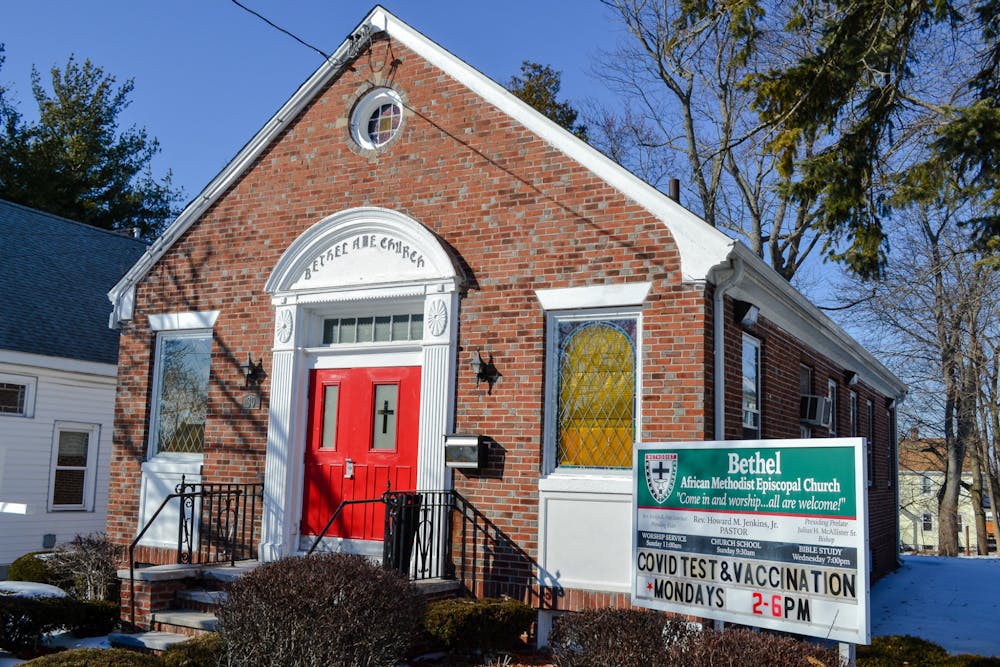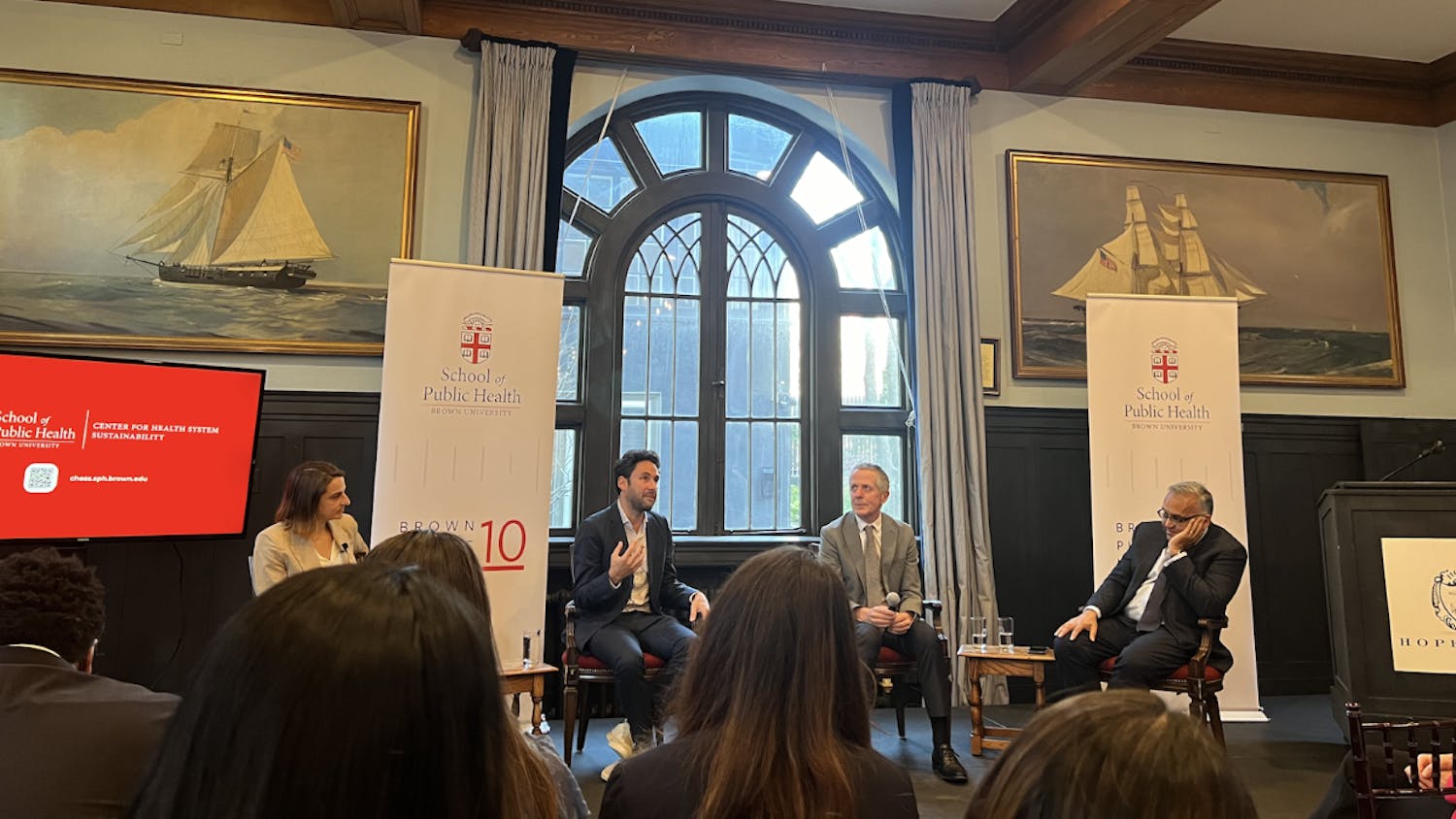University researchers and local religious leaders are working together to study Alzheimer’s in an ongoing collaboration called . In an effort to build trust and increase participation among Black Americans, researchers and religious leaders have formed a partnership and are utilizing a faith engagement model.
“If you want to make sustainable change, you must start at the center,” said Lamonte Williams, faith engagement director for U.S. POINTER and Pastor at Diggs Memorial United Holy Church in Winston-Salem, North Carolina. “The center for the African American community has long been the Black church.”
Alzheimer’s research is not sufficiently inclusive of America’s diverse population, according to Williams. While African Americans are at the highest risk of Alzheimer’s and related dementias, they are underrepresented in the data. “Only 11% of the participants in the study are people of color,” Williams said. This number at the New England site is much lower than the 30% goal, he added.
“People don’t want to feel taken advantage of — they are nervous about what the data will be used for and how it will be interpreted,” said Katrina Byrd, infectious disease physician and U.S. POINTER community advocate.
African Americans are two to three times more susceptible to Alzheimer’s disease and related dementias than white individuals, and Hispanics are 1.5 times more susceptible, Marcus Hill, U.S. POINTER Lead Recruitment Specialist, wrote in an email to The Herald. Our recruitment involved intentional diversification to “better represent our communities and … ensure that if the POINTER intervention is successful then (it will be) applicable across broad cultural differences for long-term implementation,” he added.
The study focuses on lifestyle interventions to prevent Alzheimer’s, said Steven Salloway, professor of Neurology and Psychiatry and the site principal investigator for New England.
“Forty percent of the risk for Alzheimer’s or dementia could be mediated by a healthier lifestyle … such as vigorous exercise, Mediterranean type diet, social stimulation, brain training and good heart health,” Salloway said. U.S. POINTER aims to see if these lifestyle modifications can enhance memory and prevent memory loss in these conditions, he added.
The study is being conducted at five sites across the country — Chicagoland, Houston, New England, Western North Carolina and Northern California, Williams said. Participants at each site volunteer to engage in the study, he added.
“It’s important to recognize that faith-based leaders are trusted voices, especially when you’re trying to increase participation among people of color,” said Howard Jenkins, the POINTER Consultant for the faith-based community and President of the Rhode Island Minister Alliance.
We need familiar community leaders that can build trust where historically there has been little, Jenkins said. “Faith leaders are the gatekeepers to the community,” he added.
The faith engagement model has two goals in Rhode Island — to leverage the communities' trusted voices to increase diversity and raise educational awareness, and positively impact those who are most affected by Alzheimer’s, according to Williams.
The church is a unique place that is able to reach a broad audience with people from different cultures, ages and socioeconomic status, Byrd said.
A positive experience with the study has the potential to even reach outside the church community and increase participation from underrepresented populations in future clinical trials, she added.
“This is a generational influence we are trying to make,” Jenkins said. This study can yield benefits that will positively impact generations that come after us, he added.

Jared is a Senior Staff Writer for Science and Research. He is a senior from Albuquerque, New Mexico studying physiology and biotechnology. Outside of The Herald he likes to fish, ride bikes and research the role of metals in human health and disease.




